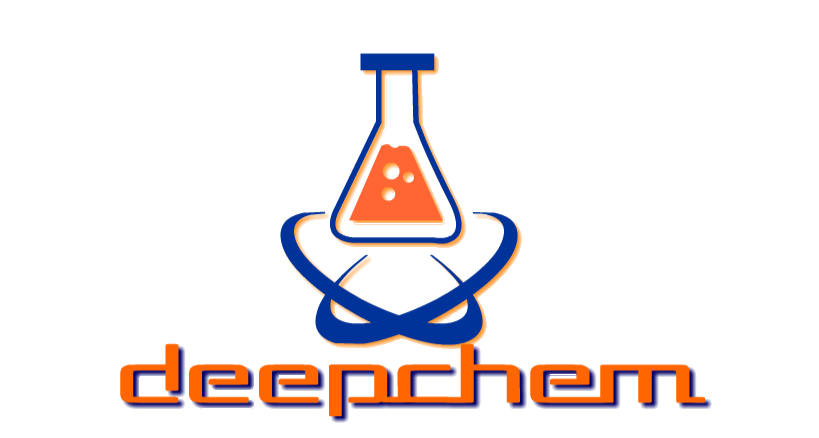Hey everyone,
I will be working on the project “Torch compile and PyTorch 2.2.0” as part of GSoC 2024. The project involves adding a feature and relevant tutorials to the DeepChem library for compiling PyTorch models for faster training and inference using torch.compile. More details of the project is present at the official GSoC project page https://summerofcode.withgoogle.com/programs/2024/projects/Xwr0Z1tZ.
PyTorch 2.0 introduced torch.compile, a compiler that optimizes PyTorch models for faster training and inference by compiling the code into efficient kernels, offering advantages over existing methods like TorchScript or FX tracing. By introducing a way to compile DeepChem models, users will be able to take advantage of the efficient training and deployment of models offered by torch.compile. For more information about torch.compile you can visit the official PyTorch docs or read the get-started blog of PyTorch 2.0 (https://pytorch.org/get-started/pytorch-2.0/) that gives an excellent explanation of the rationale, the internal workings and why such a feature was required.
Over the span of GSoC, I will be using this forum thread to track my progress. I will post weekly updates about the project to this thread along with other relevant details such as the resources I referred to and the design decisions I make.
Feel free to reply to this thread for any further clarification regarding the project or the following updates.
You can connect with me via my
Twitter: gaushn_
Discord: ambient_pressure_perceptron
